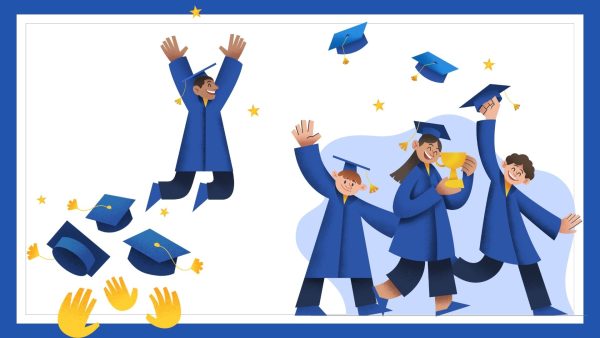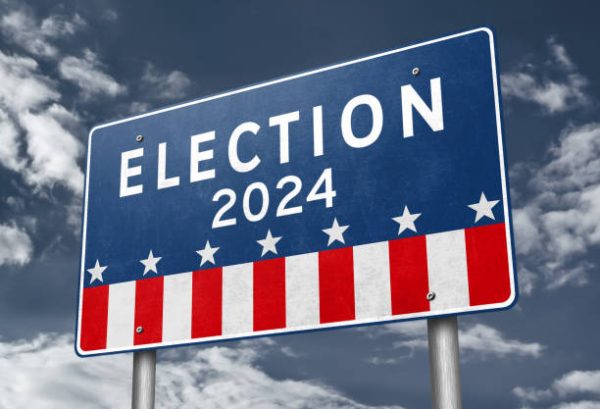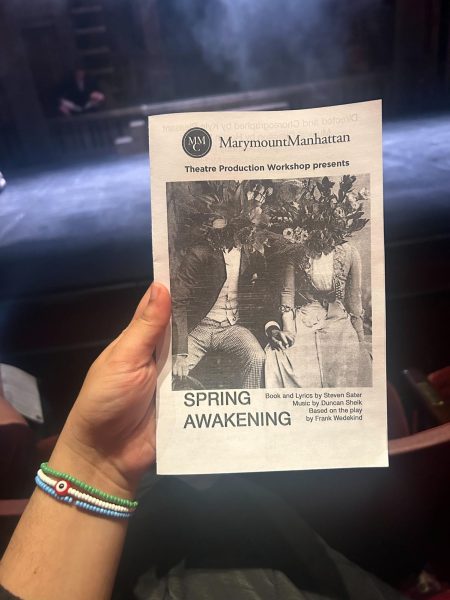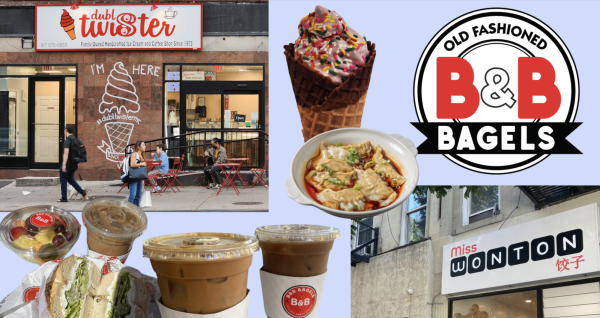Gen-Z Representation in the Writer’s Room
Reading Time: 4 minutesScrolling through the Netflix home screen there are countless movies and shows involving teenage characters. Films like Tall Girl and He’s All That use Gen-Z humor as the main comedic source for the movie. Yet, these films stereotype this generation as conceded and distracted, always looking at their phones to check their follower count on Instagram. Many of these films also include “text slang” like LOL or BRB in their dialogue as an attempt to replicate how teens speak.
These abbreviations are used by Gen-Z every day, but not in the context of normal conversations about serious topics as so many writers think. One prime example of this misuse can be found in the popular SNL skit “Gen Z Hospital”. As a satirical comment on Gen-Z, the skit involves a group of teens at a hospital where their friend is injured. They use phrases like “Is bestie going to be okay?” and “If this doctor keeps leaving us on read he’s gonna catch hands, on gang” which is all things that Gen-Z might say in a different context, as a joke. Yet the joke does not work because it reduces our generation to what we say on the internet, from the perspective of other generations.
Generation Z includes anyone born between 1997-2012. This generation is affected by the post-9/11 anti-terrorism movement, the rise of advanced technology, and the growing diversity and inclusivity around the world. As someone who belongs to this generation, I can attest that our sense of humor is weird. We are the generation that can say something random and offensive but can say so sarcastically and satirical that it makes it funny. With technology being the main source of humor for generation z, most other generations do not get the context to understand most of these jokes. Yet they continue attempting to understand and replicate our humor.
HBO’s new film The Fallout is a good example of a film with an overeager attempt at Gen-Z. The film follows three teenagers who navigate grief and mental health struggles after witnessing a tragic school shooting together, creating a bond between the characters that is explored through the aftermath of the shooting. While the film successfully portrays the trauma that these characters feel with such an emotional plot, the script was particularly distracting due to the excessive use of “Gen Z” slang, making many of the conversations feel unnatural. One scene stood out to me in particular where Vada is talking with her therapist and uses phrases like “L O L” and “That shit is my vibe” in such a heavy conversation. The writers missed the mark on accurately representing how teenagers speak, and the over-use of this slang often reserved for the internet or sarcastic conversations seems to mock our generation.
A television show that attempts to understand this generation is Ginny and Georgia. The show follows a teen and her mom who move to a new town and are confronted with the mother’s difficult past. The show deals with a lot of difficult issues, like racism and classism, and it handles them well. Yet, the character Ginny and the other characters in her life all seem inauthentic. One reason for this is the dialogue used. When trying to capture the conversations of teens, they use weird phrases like “Hunter Chang is V hot and V cool” and “Her YouTube covers are cringe”. These phrases reduce the generation to appearances and technology is at the forefront of this misconception.
While Gen-Z can be heavily focused on technology and social status, most average high schoolers and college students have other priorities. We care about technology and spend most of our time on our phones, but there are other factors in our lives. I think that the problem with how we are portrayed in media is that the writers often take little time to understand the difference between the way we talk online and interpersonally. Most people belonging to this generation can have an intellectual conversation about politics and social issues without sounding shallow and spoiled.
So how can they get it right? The oldest Gen-Zers are 24 years old. Just entering the workforce, they often do not get the opportunity to be involved in writing processes like these. But if the writing involves someone from a younger generation, there should be a writer to represent that. In a few years, this generation will begin to take over writing rooms, and then these concepts can be accurately represented. Until then writers need to focus on all aspects of this generation and how we have dealt with so many social and political issues that make us well versed and eager for growth.
One positive example of this is the HBO Max show Euphoria. This show starring Zendaya has made history with its second season breaking premiere records with 2.4 million viewers. While the show’s plot includes the most extreme issues for a group of high schoolers, its popularity stems from its accuracy in the writing of Generation Z. The show includes characters with individual aesthetics represented by their clothes and makeup highlighting the creativity that this generation has. The writing is shockingly accurate, with references to pop culture and social media that break the general stereotype. Instead of the characters being obsessed with their follower count, they use technology as most teens do. They binge bad reality shows and hope to get a good picture for their Instagram when they go for a night out. But they use normal dialect when speaking, without forcing the slang that they would use solely on the internet.
Generation Z is a complicated generation, most members have no memory of life before the internet and this has created a constant stream of information and stimulation that has shaped their lives. I think that most writers cannot understand how Gen-Z speaks because, unlike most generations, they turn trauma into humor. With social media streamlining every negative aspect of the world directly into our phones, how can we not make light of these situations? Doing this online allows us to stay levelheaded and reasonable when dealing with the real world.





